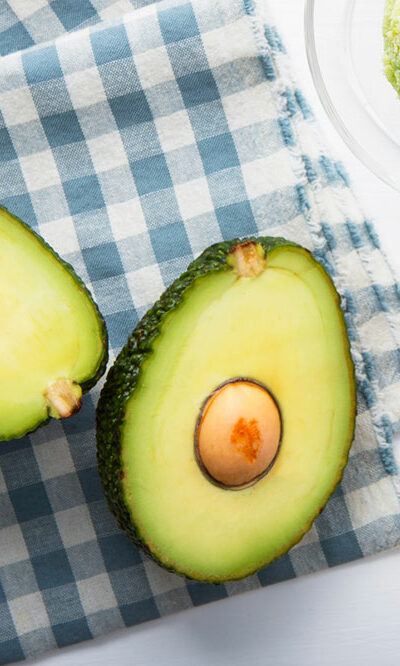6 foods to avoid when dealing with bronchitis

Bronchitis is a condition in which inflammation causes the bronchial tubes to swell, making it difficult for the air to move, resulting in breathing issues. Bronchitis usually begins after an infection in the chest and can occur in two forms: acute bronchitis, where the inflammation lasts for a short period, and chronic bronchitis, which lasts for several years. The condition can be managed through better food choices. So here are foods one should avoid:
Top foods to avoid
When one is affected by bronchitis, fatty, sweet, or even salty food can be tempting as it can seemingly soothe the cough, congestion in the throat and chest, and wheezing that usually accompanies the illness. However, certain foods with excessive sugar or salt can increase inflammation and slow recovery. Nutrient-poor foods are also not recommended in this condition. As bronchitis is an inflammatory disease, one should opt for food that helps fight inflammation and avoid those that cause inflammation, such as red meat. In addition, as per a review published in Nutrients Journal, a Mediterranean meal regimen can offer protection against respiratory disease, and the western nutritional regimen may aggravate symptoms of respiratory diseases like bronchitis. Here are foods that people with bronchitis should avoid:
Desserts and sweet drinks
Research suggests that sugary drinks with high fructose corn syrup (HFCS) increase the chances of contracting chronic bronchitis. So, one should always check the nutritional labels and avoid all foods containing HFCS, such as bread, nut butter, beverages, and pastries. One should also avoid desserts containing HFCS and a high amount of processed and refined carbohydrates, as these foods offer fewer beneficial nutrients. If one is craving some sugary foods, one of the best options is adding fruits like berries, apples, and citrus. They are rich in nutrients that help fight inflammation and decrease the body’s sugar absorption capability. Syrups, candies, and other things loaded with refined sugar can enhance bronchitis symptoms such as coughing, lung irritation, and inflammation.
Red and processed meats
Certain kinds of meats, such as red meats and processed meat, must be avoided when one is affected by bronchitis. These meats are positively linked with inflammation and worsen the swelling of bronchial tubes. This is why red meat and fatty fish such as salmon, tuna, and sardines should be avoided when experiencing bronchitis symptoms. Increasing fish intake may be indirectly related to the risk of chronic obstructive pulmonary disease, including chronic bronchitis.
Fried foods
Fried foods consist of a high amount of unhealthy fats and can increase the risk of cholesterol, heart issues, and diabetes. These foods also cause inflammation in the lungs and irritation by exacerbating bronchitis symptoms. So, avoiding foods like potato chips, French fries, and onion rings is the safest bet.
Excessive salt
One must avoid eating salty foods such as canned products and chips when affected by acute or chronic bronchitis. This is because sodium can increase one’s blood pressure and negatively impact respiratory health.
Fatty dairy products
Although dairy products consist of calcium and saturated fat that is good for one’s gut health, whole-fat milk and fatty cheese increase the production of mucus and impact one’s breathing pattern.
Carbonated drinks
Sodas can increase the inflammation of bronchial tubes in various ways. These drinks consist of carbon dioxide that causes gas and bloating, making it hard for one to breathe. One can decrease their soda intake by substituting the drinks with non-carbonated beverages, such as tea, natural fruit juice, and flavored water.
While fighting off bronchitis, the goal is to thin the phlegm in the chest and help it move so that one can easily cough it out. Avoiding certain foods helps keep the mucus moving. Additionally, nutrient-rich food also helps add germ fighters to the body’s ecosystem. So, one should try to avoid foods that worsen bronchitis symptoms.







